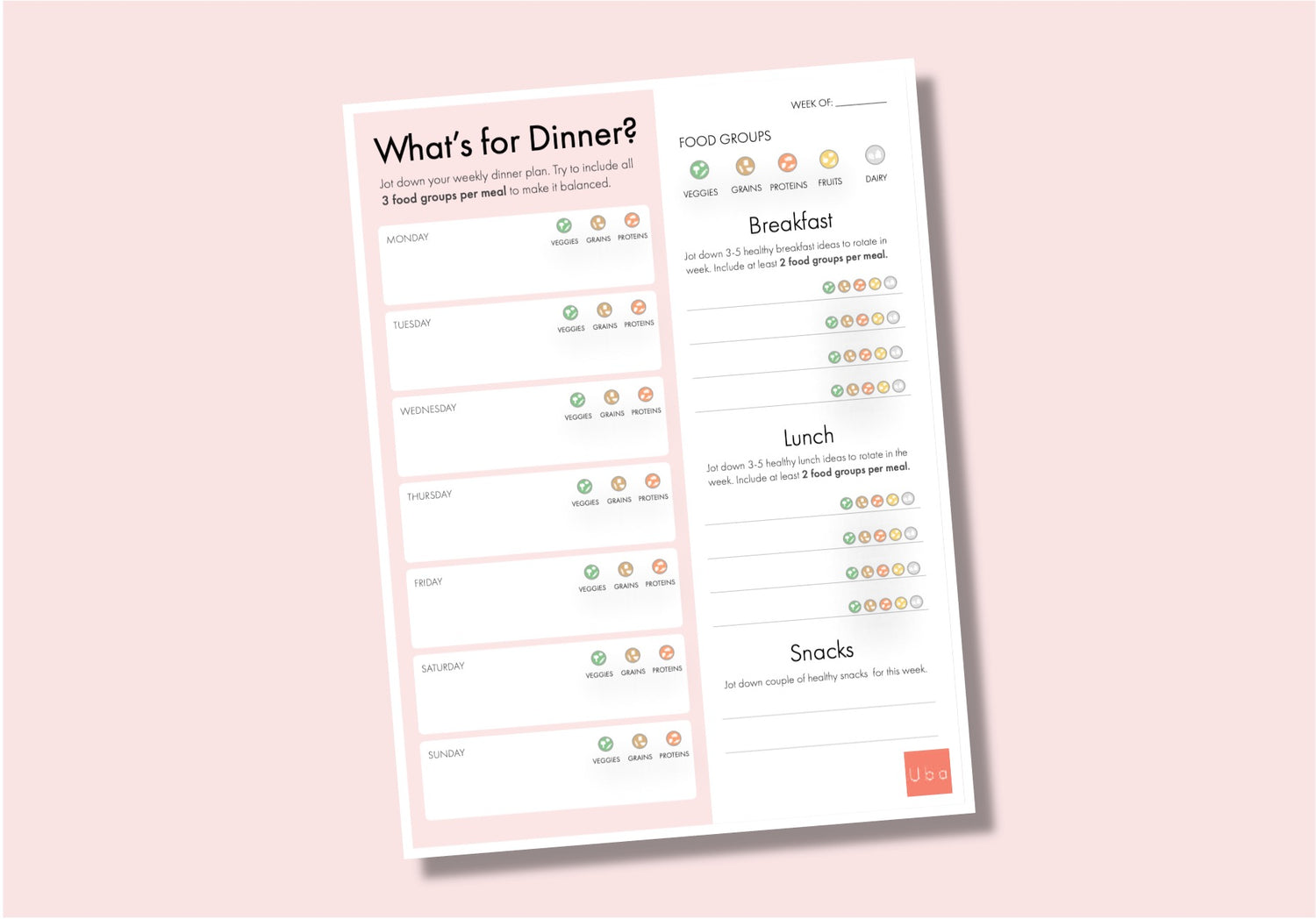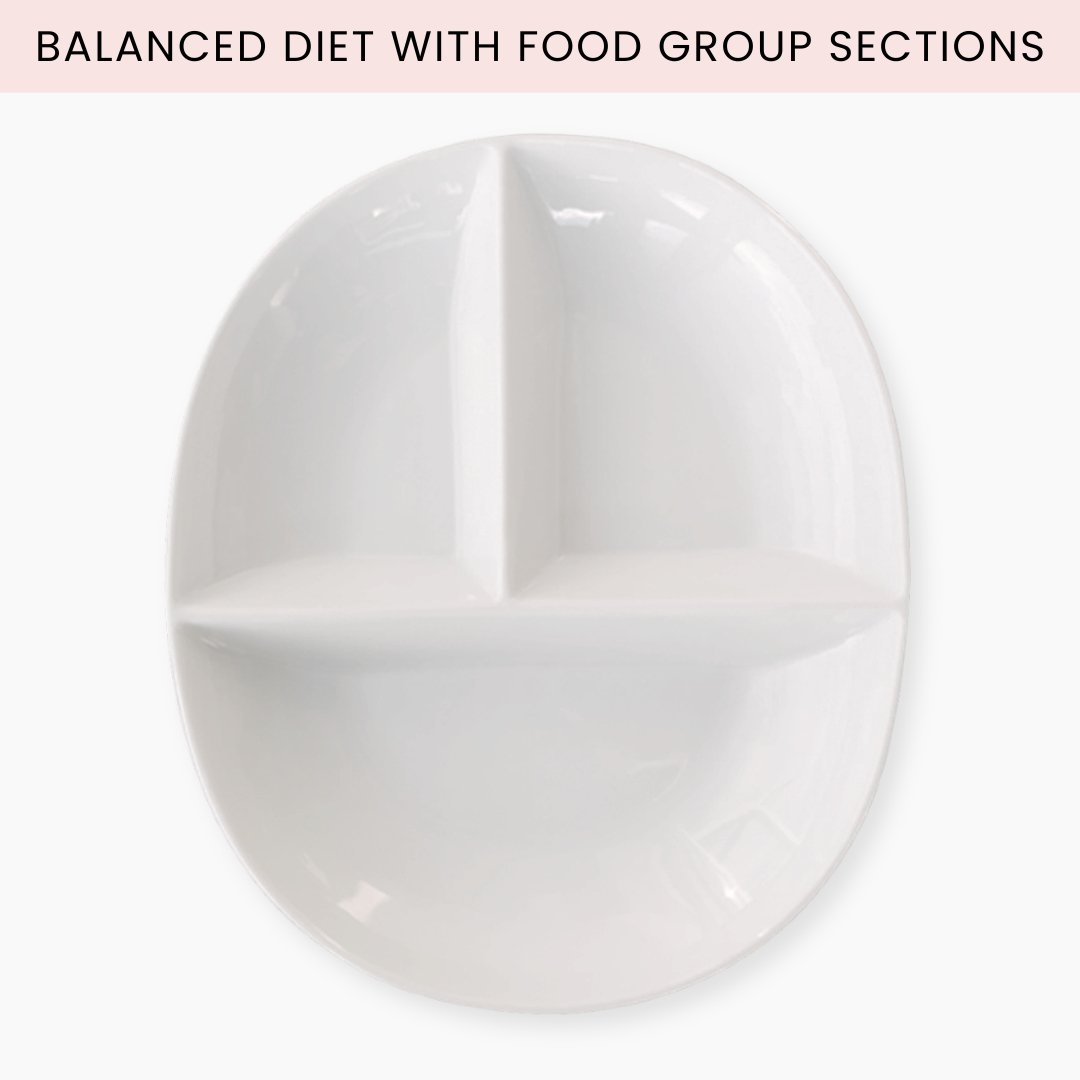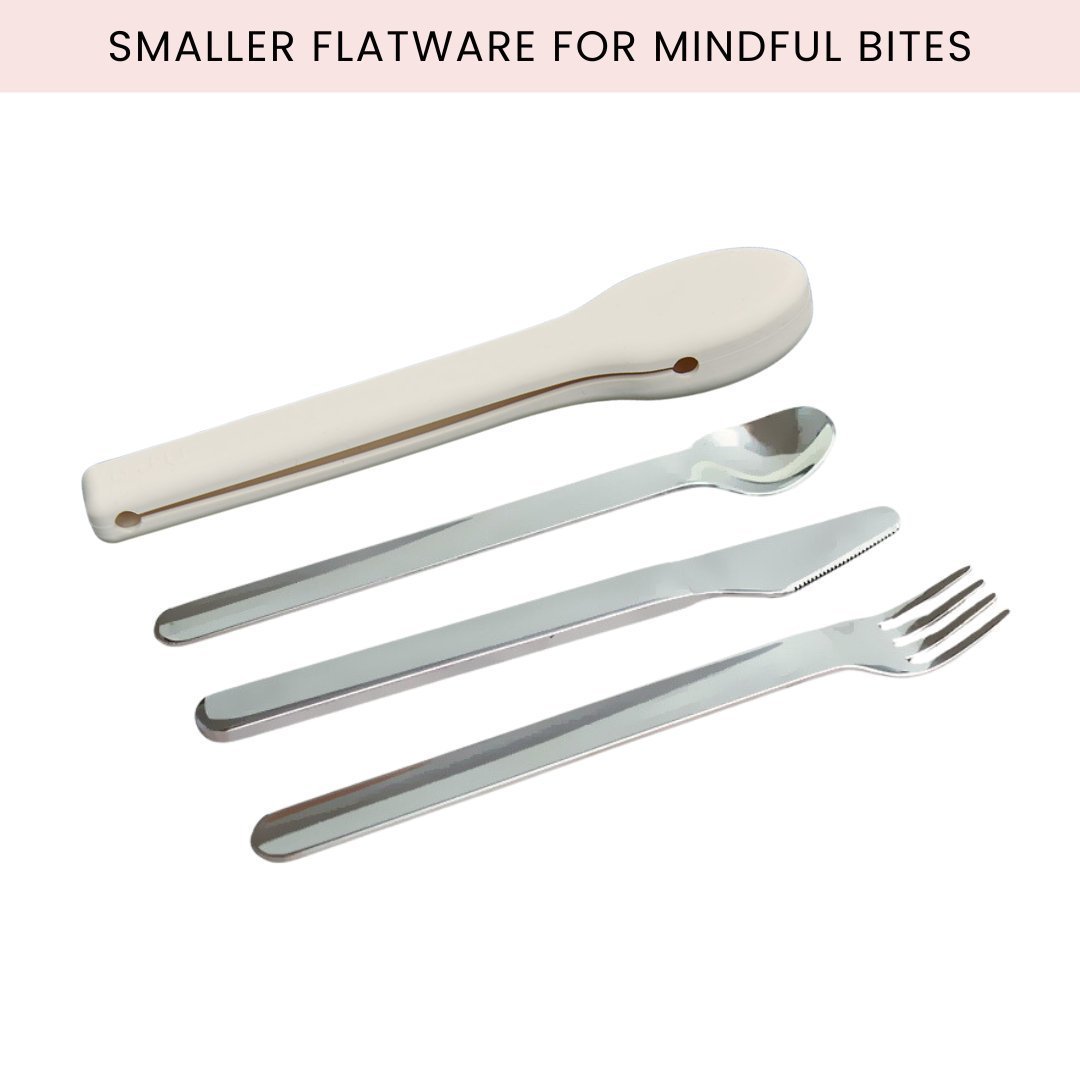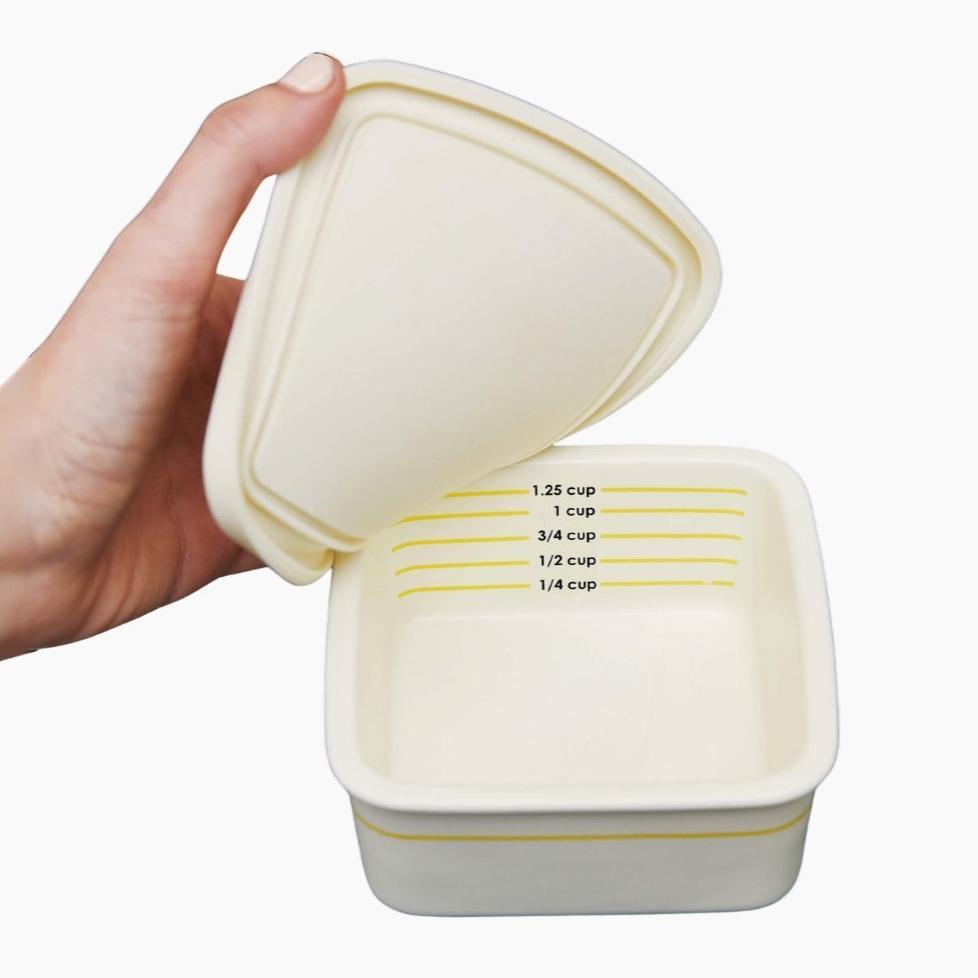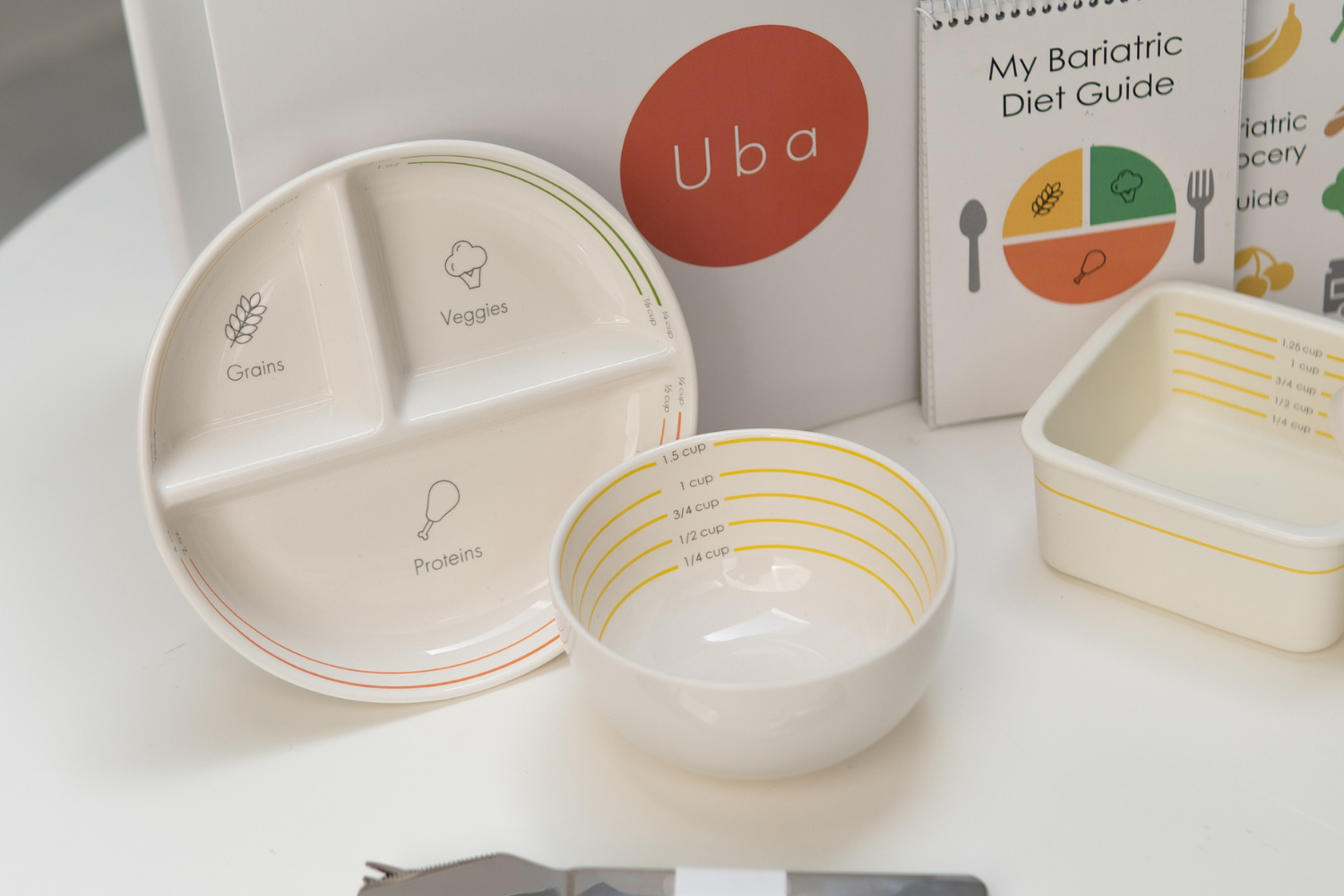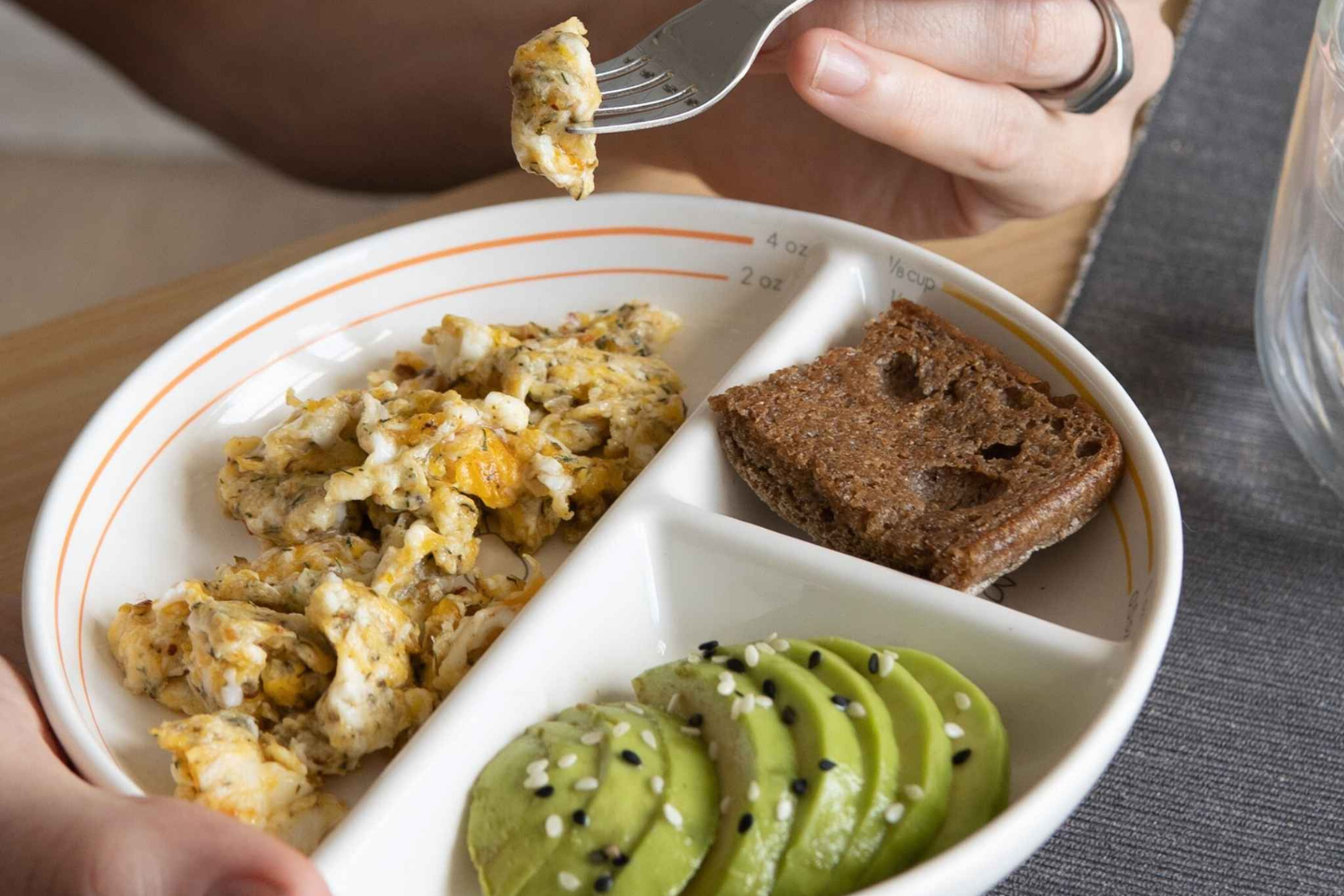Meal planning is key to long-term success after bariatric surgery. Post-op, your body requires specific nutrients in smaller amounts, making portion control and meal timing crucial. Creating a well-balanced meal plan tailored to your bariatric needs can support weight loss, prevent nutrient deficiencies, and help you stay on track. Whether you're in the early stages of recovery or further along, this blog will offer tips and tools to simplify meal planning. From Uba Portion Control Containers to smart food choices, we’ll guide you through the essentials of bariatric meal planning.
Why Meal Planning Is Essential After Bariatric Surgery
Bariatric surgery significantly alters your digestive system, making it harder for your body to absorb nutrients while also limiting how much food you can eat at one time. Without proper meal planning, you may not get the nutrients you need, or worse, you might overeat, which can hinder your weight loss progress and cause discomfort.
Meal planning for bariatric patients helps with the following:
- Portion Control: Planning out your meals allows you to focus on proper portion sizes, so you don’t risk stretching your new stomach or consuming too many calories.
- Balanced Nutrition: You can ensure your meals are balanced and packed with the vitamins, proteins, and healthy fats your body needs.
- Consistency: A well-thought-out meal plan helps you maintain a steady intake of nutrients throughout the day, preventing energy crashes or hunger pangs.
- Prevention of Unhealthy Choices: When your meals are pre-planned, you’re less likely to grab unhealthy snacks or convenience foods.
- Cost-Effective: Meal planning can help reduce food waste and unnecessary grocery shopping trips, saving you money in the long run.
After bariatric surgery, your main focus is on eating smaller, high-protein meals. Your body needs protein to repair muscle tissue, keep you feeling full, and support your overall health. By planning meals with protein as the central focus, you can maximize your results and minimize post-op complications.
Top Bariatric Meal Planning Tips
Once you understand the importance of meal planning, the next step is putting it into practice. Here are some key tips to make your bariatric meal planning easier and more effective:
1. Focus on High-Protein Meals
Your bariatric diet should center around protein-rich foods like lean meats, eggs, low-fat dairy, tofu, and legumes. Aim for 60-80 grams of protein per day, broken down into several small meals.
- Lean Protein Sources: Chicken breast, turkey, lean beef, fish, and plant-based options like lentils and black beans are ideal for bariatric patients.
- Protein Shakes: These are especially helpful in the early stages post-surgery, where consuming solid food may still be difficult.
- Greek Yogurt: This is an excellent source of protein and can be incorporated into breakfast or as a snack.
Every meal should contain a portion of protein to ensure you’re meeting your daily requirements. By using Uba Portion Control Containers, you can measure out exact amounts of protein for each meal, ensuring you hit your targets.
2. Keep Meals Small and Frequent
Post-surgery, you’ll need to eat smaller meals more frequently. Instead of three large meals, opt for 4-6 mini-meals throughout the day. Eating more frequently helps avoid overeating and keeps your metabolism running efficiently.
- Start with Small Portions: Use portion control tools to measure out ¼ to ½ cup per meal.
- Space Out Meals: Wait about 3-4 hours between meals to avoid discomfort and bloating.
- Eat Slowly: Take small bites and chew your food thoroughly. It’s essential to give your body time to digest and recognize fullness. Uba's portion utensils can help.

This method of smaller, spaced-out meals keeps hunger at bay while providing the necessary nutrients and energy your body needs post-surgery.
3. Plan Meals in Advance
Planning out meals for the week ensures you have everything you need and reduces the temptation of unhealthy foods. Here’s how to start:
- Create a Weekly Menu: List out what you plan to eat for each meal, including snacks. Make sure to balance proteins, vegetables, and healthy fats.
- Prep Ahead: Take time to prep meals in advance. For example, grill or bake chicken breasts for the week and store them in your Uba Portion Control Containers.
- Portion in Advance: By using Uba Portion Control Bowls and Containers, you can pre-portion meals so they’re ready to grab-and-go during busy days.
- Store Leftovers: Keep leftover meals in portion-controlled sizes to reduce food waste and make future meal planning easier.
Meal planning takes some upfront effort, but it saves time and stress during the week. Plus, it helps keep you accountable to your bariatric diet goals.

Tools to Support Bariatric Meal Planning
Having the right tools on hand makes meal planning and portion control much more manageable. Here are some tools that can help bariatric patients stay on track with their nutrition:
- Uba Portion Control Containers: These containers are designed to help you measure out the exact portions you need. They are color-coded to simplify portion control and ensure you’re eating the right amounts for each food group.
- Uba Portion Control Plates: Plates that are divided into sections help you portion out your meals with ease, ensuring that you get the correct ratio of protein, vegetables, and carbs.
- Kitchen Scale: A digital kitchen scale is helpful for weighing out proteins like chicken, fish, and turkey, ensuring you’re getting the right serving sizes.
- Meal Prep Containers: Invest in high-quality, airtight containers to store prepped meals and leftovers. This keeps your food fresh and ready to go when you need it.
- Food Journal: Tracking your meals in a journal or through an app allows you to monitor your intake, ensuring you’re hitting protein goals and keeping calories in check.
These tools not only simplify meal prep but also ensure that you’re adhering to portion control guidelines, a vital aspect of post-op success.
Best Foods to Include in Bariatric Meal Plans
While planning your meals, it’s essential to choose foods that are nutrient-dense, easy to digest, and high in protein. Below are some of the best options for bariatric patients:
- Lean Proteins: Chicken breast, turkey, fish, tofu, eggs, and low-fat dairy products are high-protein options that should make up the bulk of your diet.
- Non-Starchy Vegetables: Spinach, zucchini, broccoli, and bell peppers are nutrient-dense and low in calories. They provide essential vitamins and fiber.
- Healthy Fats: Avocados, olive oil, and nuts (in small portions) provide healthy fats that support overall health and satiety.
- Low-Sugar Fruits: Berries, apples, and melons are great options for bariatric patients due to their low sugar content and high nutrient value.
- Whole Grains (In Moderation): Brown rice, quinoa, and oats can be included in small portions to provide fiber and energy, but these should be consumed in moderation.
Make sure your meals always revolve around high-protein sources, and use portion control tools like Uba containers to ensure you’re not over-consuming carbs or fats.
Conclusion: Simplify Bariatric Meal Planning with the Right Tips and Tools
Bariatric meal planning doesn’t have to be complicated. By focusing on high-protein meals, keeping portions small, and using the right tools, you can set yourself up for long-term success. Tools like Uba Portion Control Containers, meal prep strategies, and consistent meal planning will help you manage your diet, avoid nutrient deficiencies, and stay on track with your weight loss journey.
With the right approach, meal planning can become a manageable and rewarding part of your post-op life, ensuring that you stay healthy and maintain your bariatric goals.


